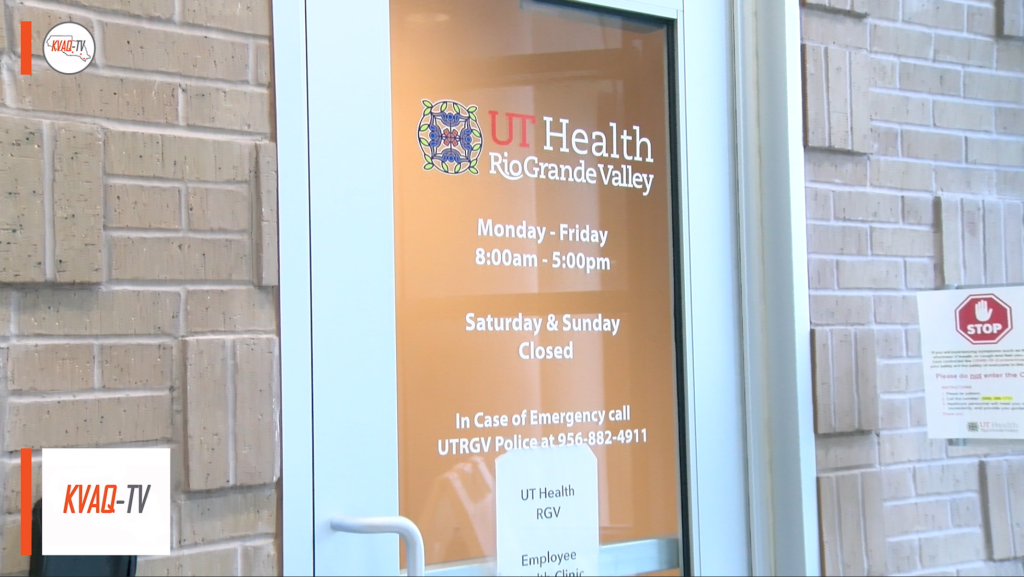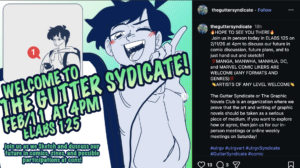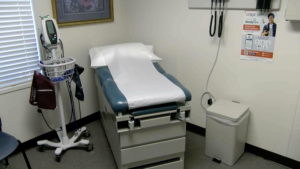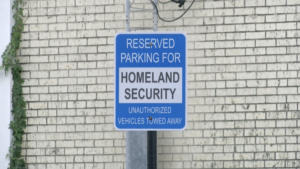
EDINBURG – With the cold weather, comes winter blues, but what happens when they don’t go away and start to weigh you down? According to the National Institute of Mental Health, seasonal affective disorder is defined as a type of depression that has a recurrent seasonal pattern.
NIMH states that seasonal affective disorder mostly occurs at the beginning of fall and can last throughout the winter season. Some of the symptoms of the seasonal affective disorder include oversleeping, overeating, weight gain, social withdrawal, and signs of major depression.
Alcides Amador, assistant professor of psychiatry explained how seasonal affective disorder mostly affects people who are genetically predisposed to the disorder or who live in higher altitudes.
“One of the thoughts is that because if you’re living at those northern latitudes, you’re getting less light exposure. And it’s thought that starts to affect our mood a lot,” said Dr. Amador.
Dr. Amador explained how seasonal affective disorder is a spectrum and can affect people in diverse ways.
“It depends on your level of impairment. For example, winter blues, may not be very impairing to somebody. But if it does become very impairing then we would consider that maybe more than, ‘Oh hey this is starting to sound more like seasonal affective disorder or winter depression.’” said Dr. Amador.
Special therapy treatment is recommended for treating seasonal affective disorder if it becomes too impairing for an individual. UTRGV Counseling Center Director, Christopher Albert clarified how it can affect someone’s daily life.
“We start struggling. For example, in the case of depression. We get little motivation as well as a number of symptoms, and poor concentration. Then that affects our performance […] That’s another stressor so that piles on what’s contributing to the depressive feelings.” said Albert.
UTRGV students who are struggling with a seasonal affective disorder or are emotionally troubled are encouraged to ask questions or make an appointment with the UTRGV counseling center.
“It is a free service for enrolled UTRGV students…When a student seeks our services, they have a choice of online or in-person counseling,” said Christopher Albert, director of the UTRGV counseling center.
UTRGV students who are facing a mental health emergency can contact the 24/7 Vaquero Crisis line at 665-5555, or the Suicide and Crisis Lifeline at 988.




